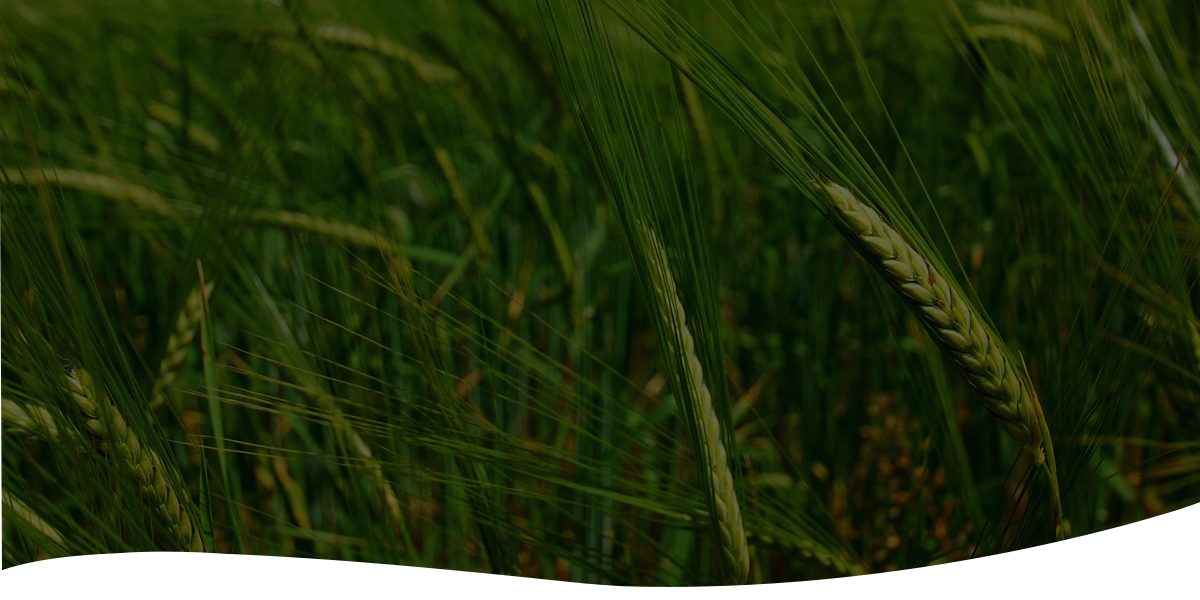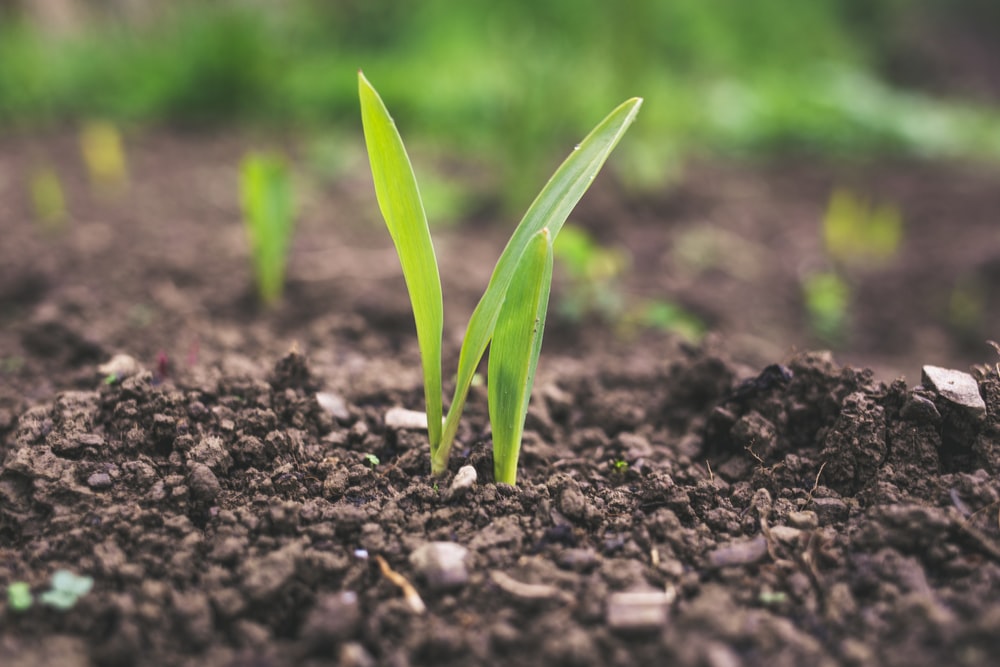

About Us
Wood Vinegar aims to create awareness about organic fertilizer, wood vinegar (Pyroligneous acid), and a global coalition connecting farmers with the resources they need to contribute to an ecologically sound food system and prosperous planet. The mission is carried out through the three pillars of the organization: information exchange, outreach and advocacy.
Wood Vinegar, also called Pyroligneous acid, Liquid Smoke or Mokusaku, is a dark liquid produced through the natural act of carbonization, which occurs when a biomass is heated in an airless container during charcoal/biochar production.

Vinegar
Wood vinegar can be applied to the soil surface to help increase the population of beneficial microbe sand to promote plant root growth..

Pine Tar
Wood tar is used as a wood preservative against termites and is also used as a wood stain. Wood tar is a viscous, blackish brown liquid obtained...

Biochar
Biochar is defined simply as charcoal that is used for agricultural purposes. Biochar is used by spreading it across agricultural fields...

Blog
Our blog features articles related to Wood vinegar, Wood Pine Tar, and Biochar. We discuss their many uses, benefits, origins and much more.
Wood Vinegar Production


Wood Vinegar
Wood Vinegar
Wood Vinegar aims to create awareness about organic fertilizer, wood vinegar (Pyroligneous acid), and a global coalition connecting farmers with the resources they need to contribute to an ecologically sound food system and prosperous planet. The mission is carried out through the three pillars of the organization: information exchange, outreach and advocacy.
Wood Vinegar, also called Pyroligneous acid, Liquid Smoke or Mokusaku, is a dark liquid produced through the natural act of carbonization, which occurs when a biomass is heated in an airless container during charcoal/biochar production.
